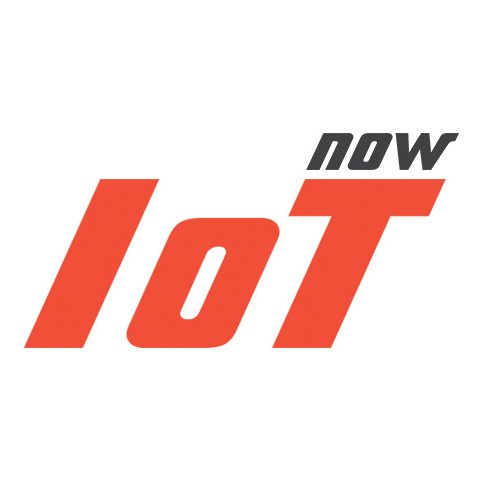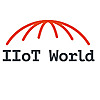Memfault, the provider of the first IoT reliability platform, announced today its platform includes full support for embedded Linux. The expansion offers cross-platform support for developers building on MCUs, Android, or embedded Linux for any hardware device for an unlimited number of devices running any use case, anywhere.
With Memfault’s IoT reliability platform, developers can solve operational challenges via fleet observability, remote debugging, and smart firmware over-the-air (OTA) management. Embedded Linux developers will now have easy access to Memfault’s device reliability engineering tools that offer product, engineering, and support teams deep insights into embedded device performance, irrespective of the hardware. Memfault’s device reliability engineering capabilities will be available across all product lines enabling teams to make product changes irrespective of device hardware and operating system with the confidence that it won’t impact their device fleets.
“Memfault has helped us understand the health of our microcontrollers in the field, and now that they are offering the same capabilities for full Linux devices we’re excited to unify our entire monitoring stack in one place,” said Joey Degges, senior manager of device software, Span. “Not only will this accelerate our development and improve our products and user experience, but Memfault’s expansion will also position Span for rapid growth and innovation. With tools this great for field monitoring and debugging it’s hard to imagine life before them. With the addition of Linux, Memfault is really in a realm of its own.”
The Memfault platform is available for Linux, Android, and MCU-based device developers. Memfault works across both high- and low-throughput transports, giving maximum flexibility through compatibility with virtually any connectivity protocol, including Bluetooth, Wi-Fi, cellular, LoRa, Thread, or Zigbee. Today’s product announcement comes on the heels of a number of strategic partnerships for Memfault, including Infineon, Nordic Semiconductor, NXP, Silicon Labs, and Laird Connectivity.
“As engineers, we’ve remained committed to giving device developers the ultimate freedom when building, monitoring, and continuously improving IoT devices at scale,” said François Baldassari, CEO of Memfault. “Adding Linux support means that regardless of which chipset or operating system is in place, developers will have essential tools for building the best product possible, de-risking product launches, and giving end users the kind of premium experience they’ve come to expect.”
Embedded Linux developers now have full access to Memfault’s IoT reliability platform to ship products faster and fix issues more quickly with in-field maintenance capabilities. For OTA updates, the Memfault platform eliminates the need to repartition devices or update bootloaders. Compatible with the Hawkbit API, you can simply point a compatible OTA on-device agent such as SWUpdate to Memfault’s endpoints to gain access to powerful cohort management, device registry, and observability.
For remote monitoring, Memfault is highly customizable and offers hundreds of out-of-the-box statistics such as memory, processes, disk, network, and more for instant insight into device performance. Telemetry data is sent to the cloud, processed, and distilled to fleet-wide time-series metrics (e.g., “was there an uptick in avg. CPU usage since the last version?”), device attributes (e.g., “which devices at site B ran for more than 6 months already without reboot?”), and detailed per-device insights via the Timeline UI (e.g., “are there any anomalies on the network traffic that correlate with crashes reported for this device?”). Developers can also enable Memfault’s alerting feature to make operating a fleet of Linux devices easier than ever.
For debugging, Memfault collects application, and system service errors across the stack, as well as debug artifacts such as backtrace, memory snapshots, and breadcrumbs. In addition, Memfault provides automated symbolication, de-duplication, and correlation when processing core dumps.
To get started with Memfault on embedded Linux, Android, or MCU-class devices, visit https://memfault.com/register to register a free account.
Resources:
- Read Memfault’s Introduction and Integration Guide for Embedded Linux
- Sign up for a free Memfault account: https://memfault.com/register
- Join the team
About Memfault
Memfault is the first IoT reliability platform that empowers teams to build robust devices with software at scale. Memfault applies device reliability engineering (DRE) techniques to transform the way developers build and operate IoT and edge devices. As IoT applications continue to grow in complexity, it is more important than ever for developers to integrate Memfault’s performance monitoring, debugging, and OTA update capabilities into their devices. Memfault was built to enable developers with a more scalable and sustainable process to accelerate go-to-market, de-risk product launches, cut product costs, and deliver overall superior products. The company was founded by engineers with decades of experience from Fitbit, Oculus, and Pebble. Memfault is backed by Uncork Capital, Partech, S28 Capital, and Y Combinator.
memfault.com | twitter.com/Memfault | linkedin.com/company/Memfault | interrupt.memfault.com/blog





 More Articles
More Articles










